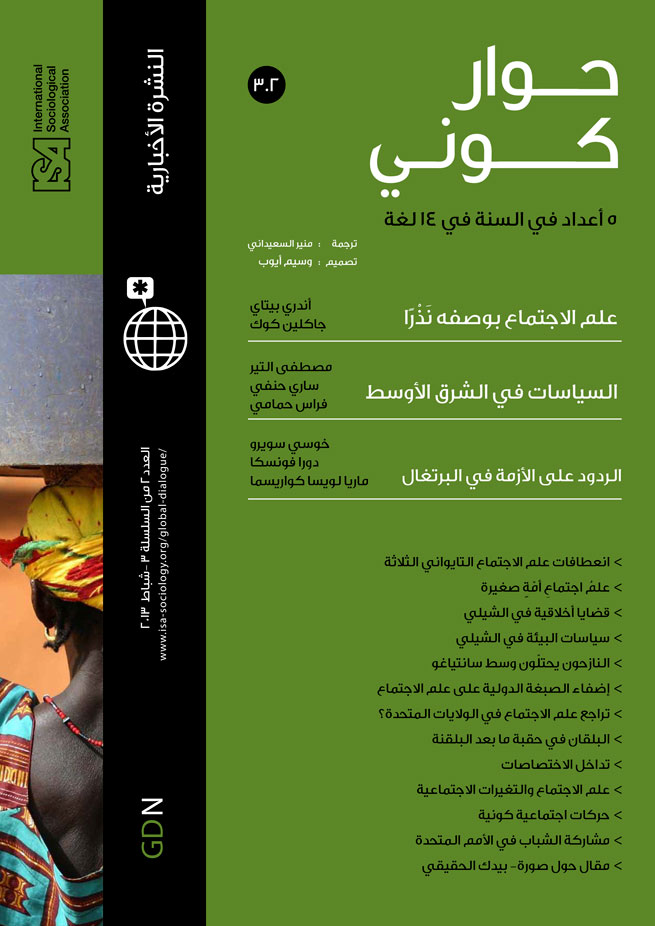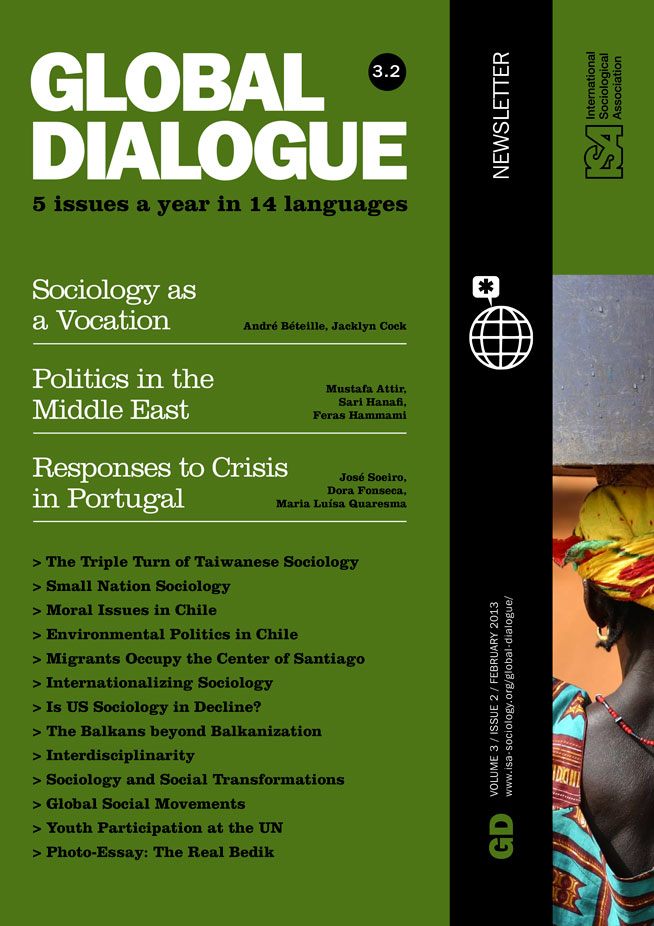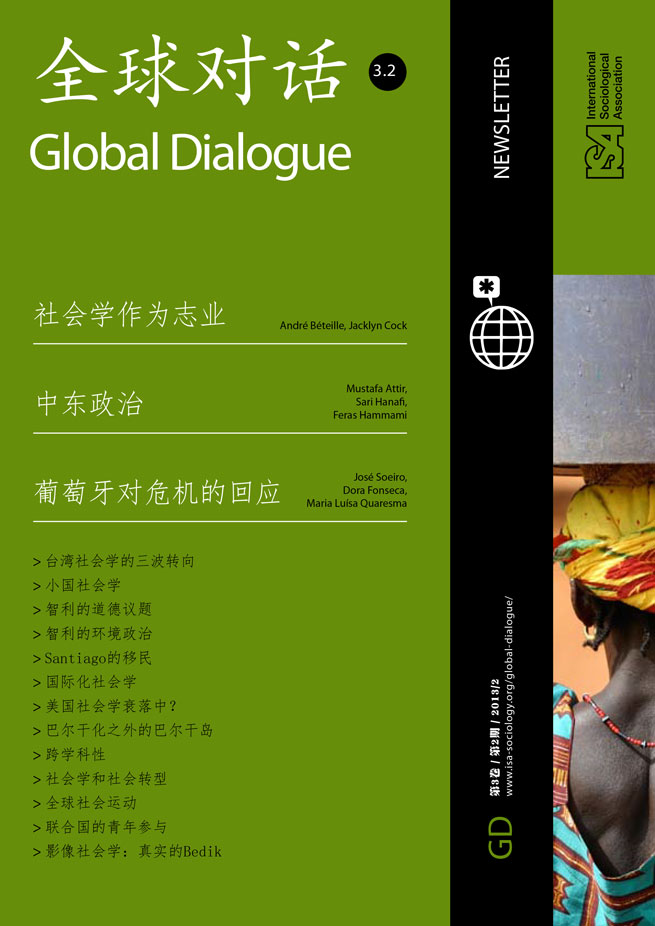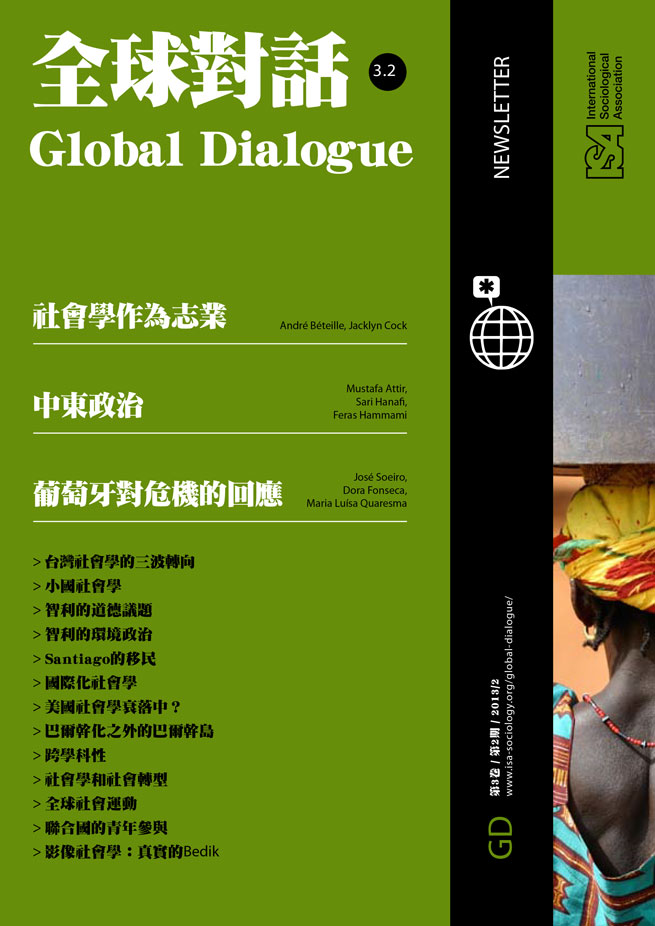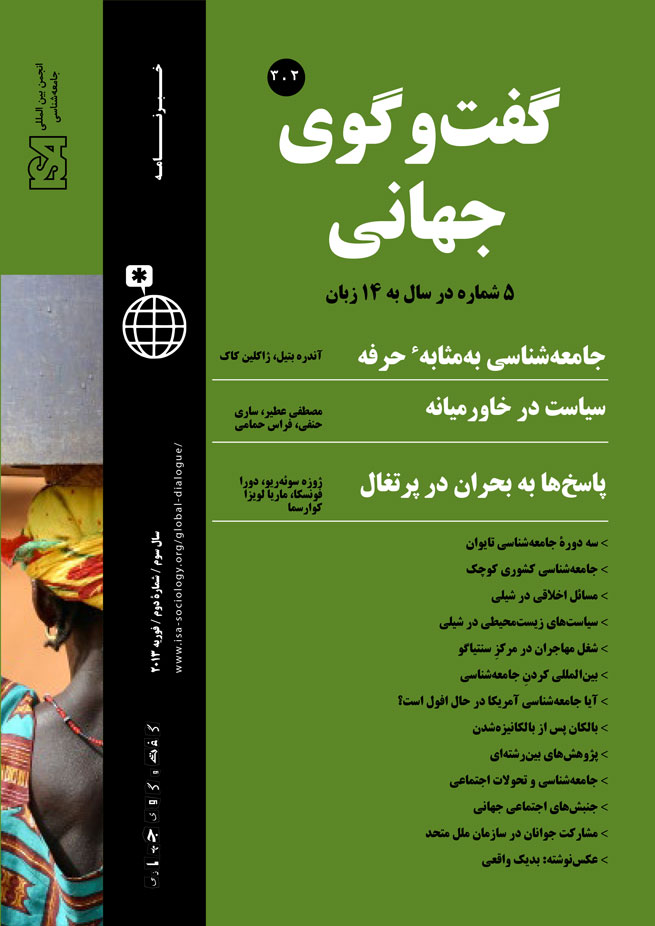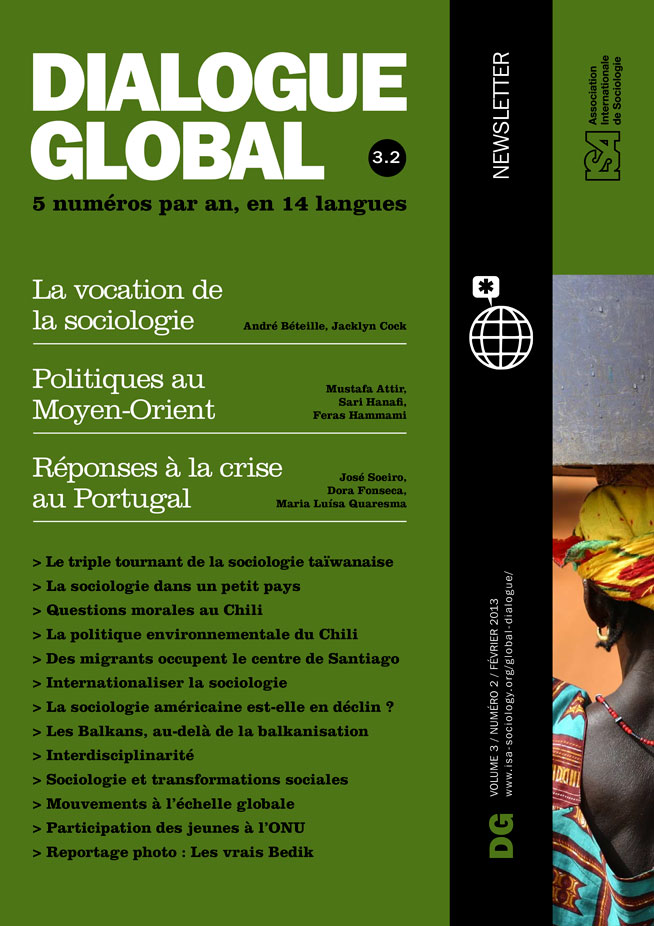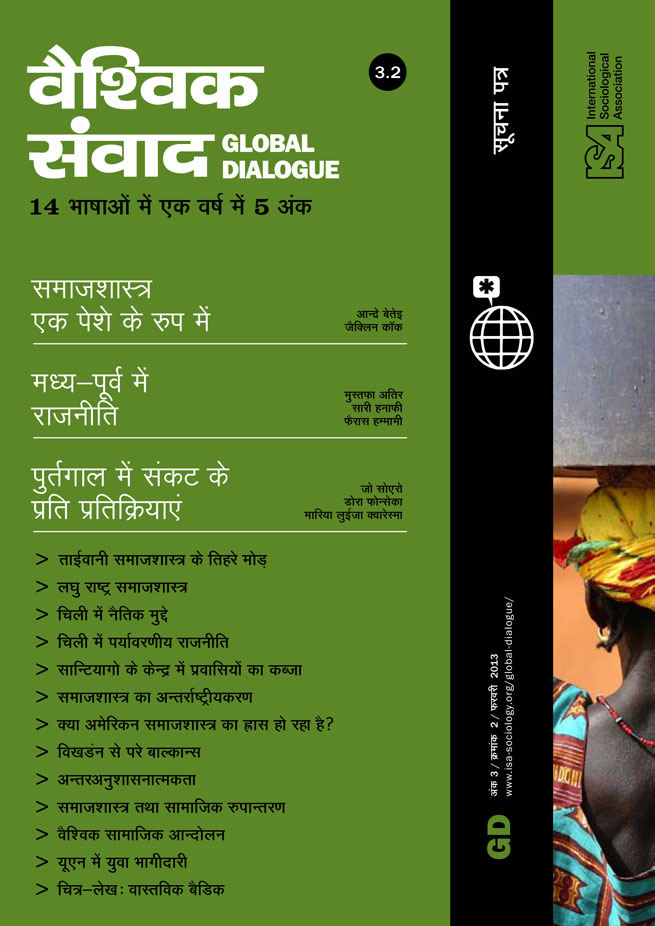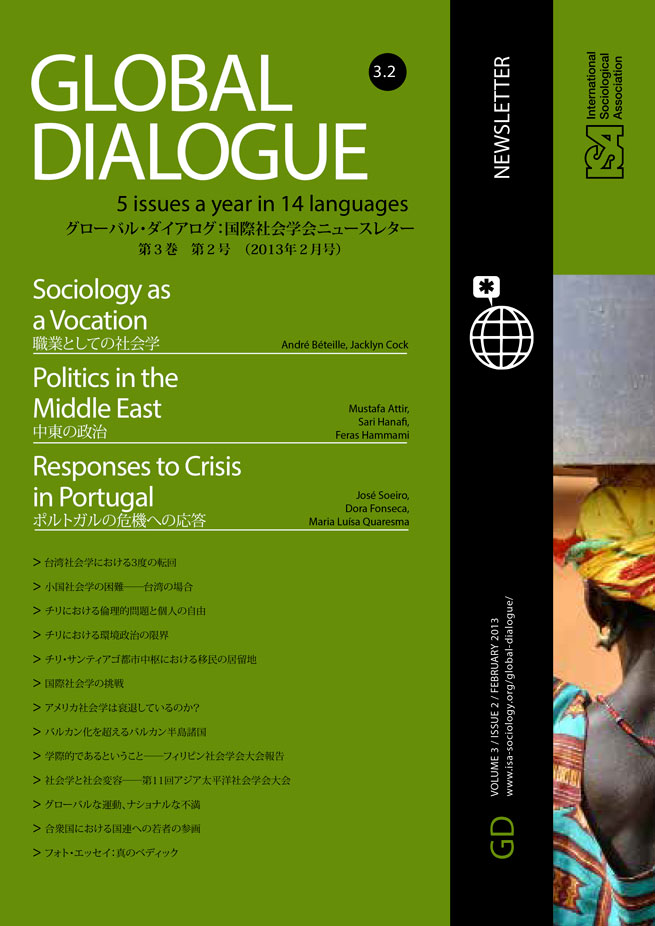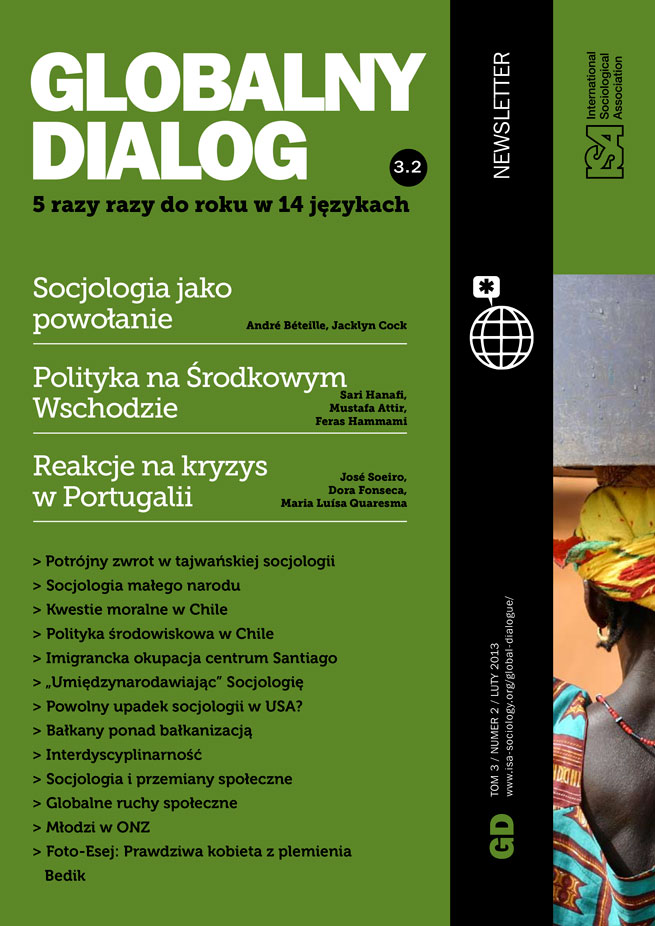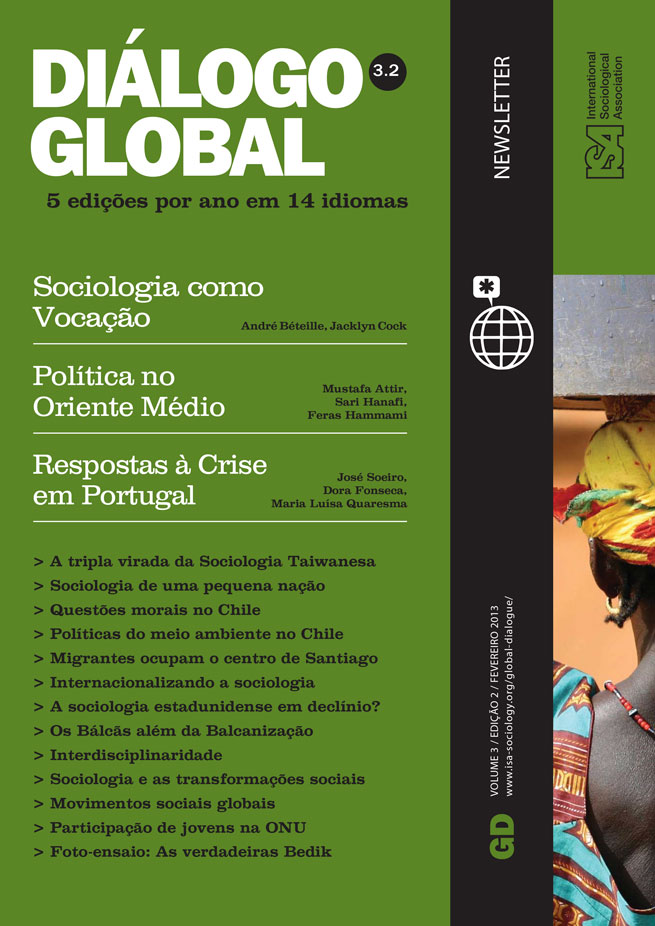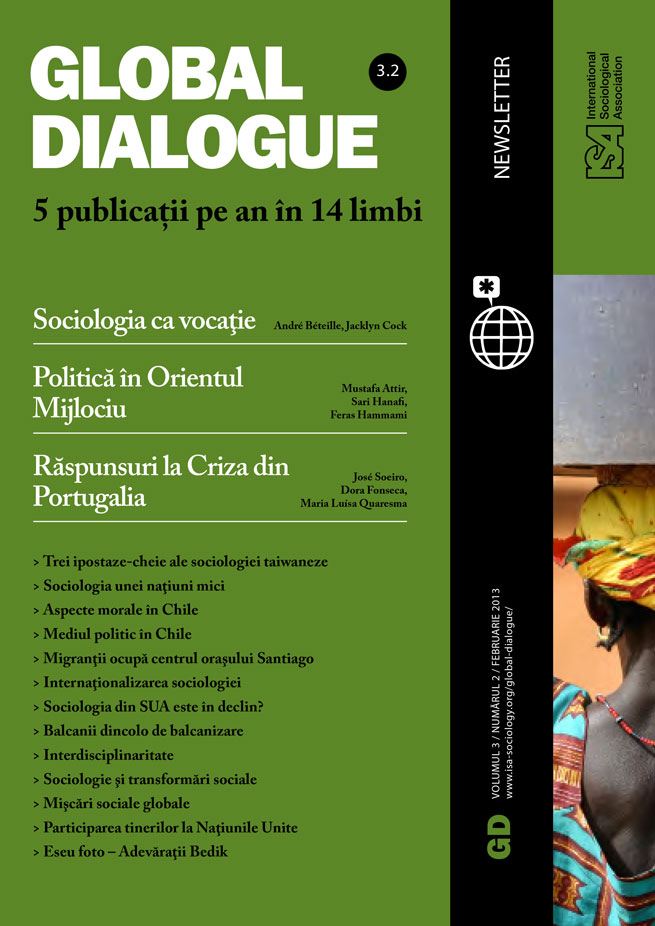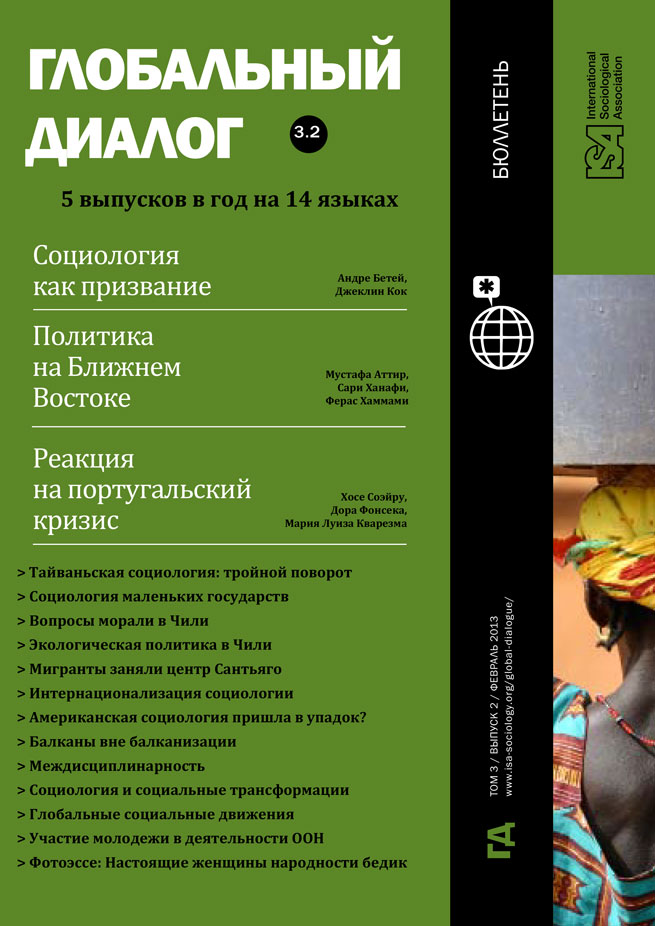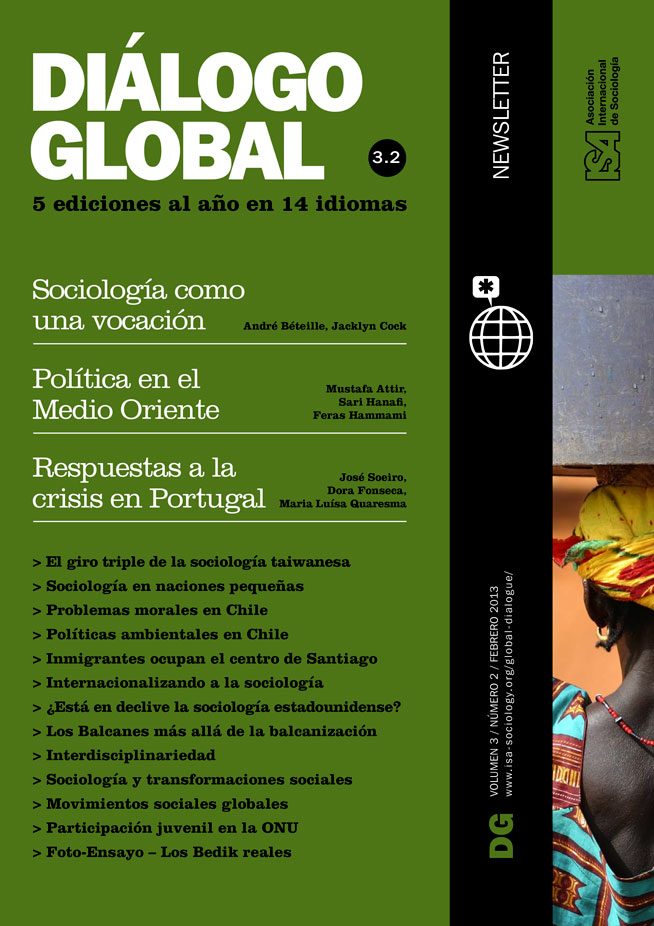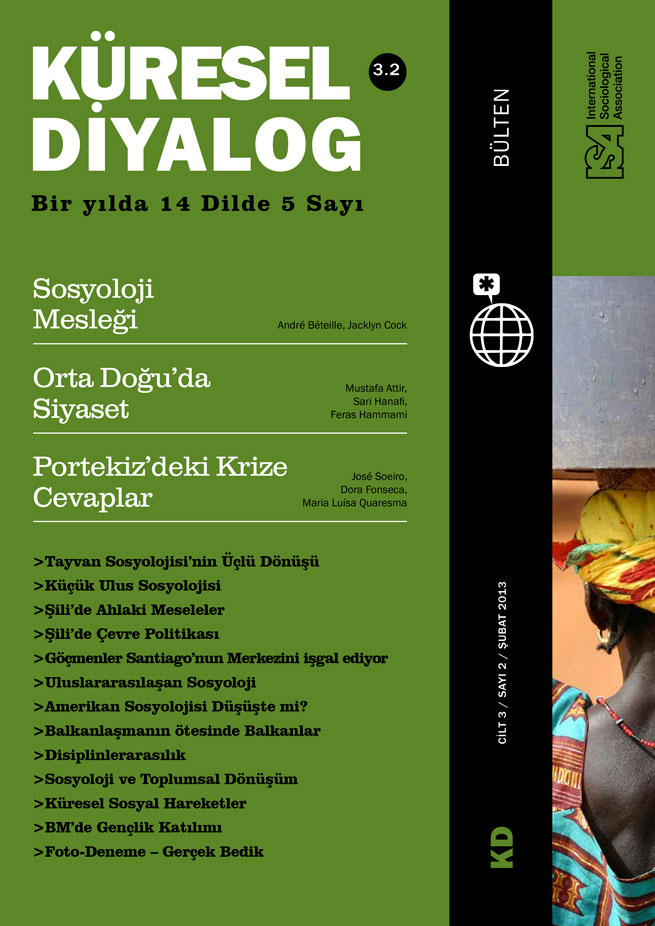Read more about Taiwanese Sociology
The Predicament of Small Nation Sociology: The Case of Taiwan
by Su-Jen Huang
February 15, 2013
In retrospect, the history of sociology in Taiwan has its own unique character. Though Taiwan was under the Japanese colonial rule between 1895 and 1945, there is no evident legacy or inheritance from the Japanese tradition of sociology in the twentieth century in Taiwan. Nor was there a clear transplantation or continuation of sociology from the Republic of China (1911-1945) to Taiwan, when the Chinese Nationalist Party (KMT) took over the rule of Taiwan from the Japanese after WWII. The birth of sociology in Taiwan began in the early 1960s when it was deeply influenced by American sociology, leading to a relation of dependence between 1960 and 1980. Then in the early 1980s, the “indigenization movement” in sociology, along with psychology and anthropology, was staged as a collective reaction to the above over-dependence on US social science paradigm. The intellectual landscape of Taiwanese sociology began to change.
At the beginning, a consensus of self-criticism was forged among the second generation of Taiwanese sociologists – most of whom were in fact trained in America – that sociology lacked solid empirical research on Taiwan and had little relevance to the reality of Taiwan despite attempts to theorize the Taiwanese experience. This second generation called for a “rooted” development of sociology with an embedded cultural and historical Taiwanese identity. Soon sociologists would also embark on a “liberalization movement” as they realized that the KMT’s authoritarian rule was detrimental to the development of a healthy and independent sociology. They demanded that a free and democratic society be established in Taiwan. The “liberalization movement” aimed to make sociology useful in advancing Taiwan’s political democratization. In short, since the 1980s, Taiwanese sociology has witnessed a dual experience of “indigenization with liberalization” which has not only directly reshaped the character of sociology of Taiwan, but also indirectly transformed the course of development of the country’s society and politics.
To be more specific, there have been three turns associated with the “indigenization with liberalization” movement in Taiwan’s sociology over the past three decades. The first was the “moderate turn” whose aim was to capture Taiwan’s social reality and social transformation. One significant move was the initiation and consolidation of the regular large-scale “Taiwan Social Change Survey” since 1984, which has provided a high-quality empirical data set to document major trends of Taiwanese society. The other was to publish a series of edited books depicting and analyzing significant social problems facing Taiwan as a transitional society. So far, six volumes have been produced in 1979, 1984, 1991, 2002, 2005, and 2010. They have served as reliable reference books for academics and the public alike.
The second move of sociology was the “critical turn” that engaged important public issues. One crucial move was to challenge the political taboos sanctioned by the authoritarian KMT regime by engaging three previously prohibited research areas, namely, ethnicity and ethnic relations, social class and class cleavages, and gender and gender inequality. Therefore, it is not surprising that among the 1133 chapters in the 160 edited sociology volumes published between 1980 and 2011, social class, social mobility, structural change, and related topics take the lead (a total of 214 chapters), followed by themes associated with ethnicity (131 chapters), and then gender-focused issues (78 chapters). Another major research project was devoted to documenting the rise and practice of emerging social movements and social activism in civil society. Thus far, five major edited books on social movements have been produced and widely used on campus as well as being familiar in social movement circles. They were published in 1989, 2000, 2006, 2010 and 2011.
The third shift was the “radical turn” which gave sociology a role inside Taiwan’s political democratization. Many practicing sociologists were actively writing essays in newspapers and popular magazines, organizing or attending public seminars and press conferences to defend and advance the cause of democracy. In essence, Taiwanese sociologists have practiced public sociology or engaged sociology in Taiwan’s pro-democracy movements since the 1980s. Quite a number of Taiwanese sociologists have taken an active role as public intellectuals and activists directly involved in initiating, mobilizing, and leading various fronts within the pro-democracy movements.
The dialectic of sociology and social transformation since the 1980s shows that the most dynamic and vibrant development of sociology took place when Taiwan experienced the deepest transformations. Taiwan’s social and political changes have led local sociologists to develop an organic affinity with Taiwanese reality, energized them to challenge authoritarian rule by engaging in critical sociological research, and even encouraged them to participate in the pro-democracy movements. In so doing, Taiwanese sociology has not only been a liberalizing enterprise but it has also, in turn, helped Taiwanese society become more democratic.
Hsin-Huang Michael Hsiao, Director of the Institute of Sociology, Academia Sinica, Taiwan, and former President of the Taiwanese Sociological Association
This issue is not available yet in this language.
Request to be notified when the issue is available in your language.
If you prefer, you can access previous issues available in your language:
